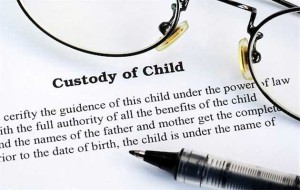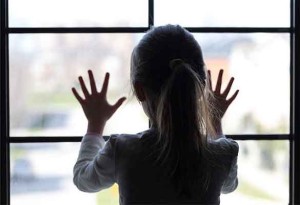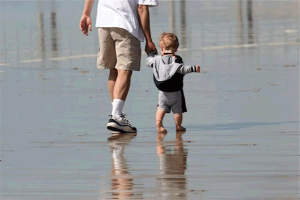Parent of a Gifted Child? Your Support Payments Could Be Increased
 For many children, extra-curricular activities are a trial-and-error means of discovering their interests and talents. New Jersey’s guidelines for child support recognize this and generally take into account the costs associated with such activities in the basic child support payments. What happens, however, when a child is gifted in a particular area, requiring more extensive involvement to develop his or her special skills?
For many children, extra-curricular activities are a trial-and-error means of discovering their interests and talents. New Jersey’s guidelines for child support recognize this and generally take into account the costs associated with such activities in the basic child support payments. What happens, however, when a child is gifted in a particular area, requiring more extensive involvement to develop his or her special skills?
A New Jersey judge ruled recently that a parent could be ordered to pay additional child support to help cover the costs of his or her gifted child’s endeavors to improve the child’s talents. To learn more read the nj.com story regarding “Divorced parents of gifted children …”
 New Jersey Family Law Blog
New Jersey Family Law Blog










